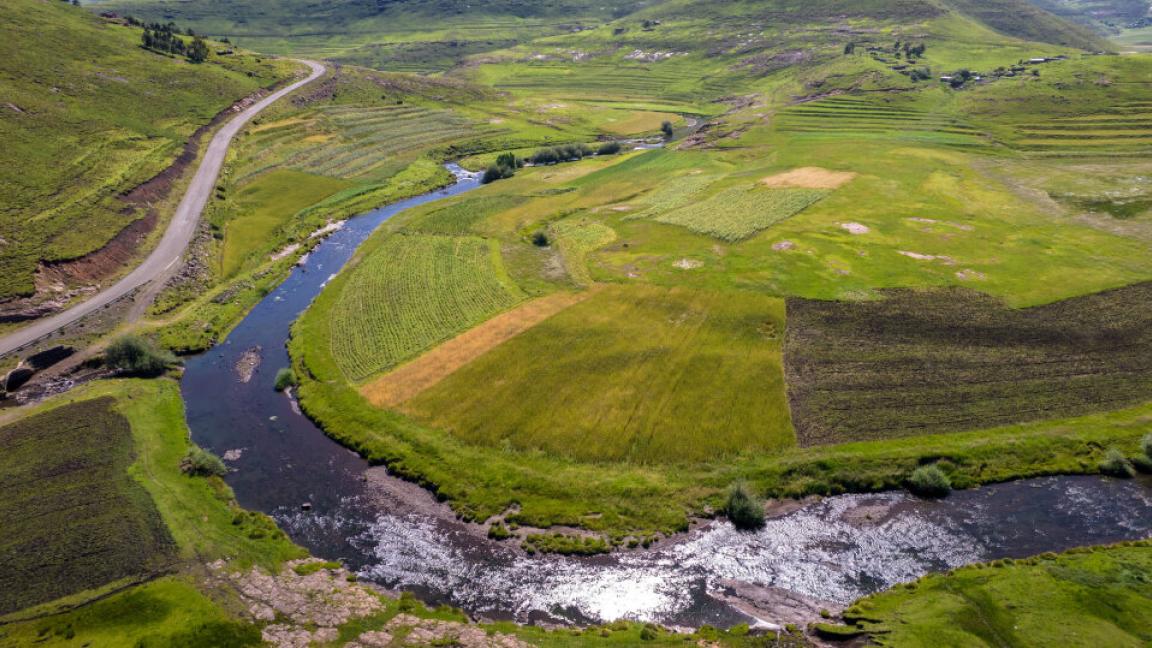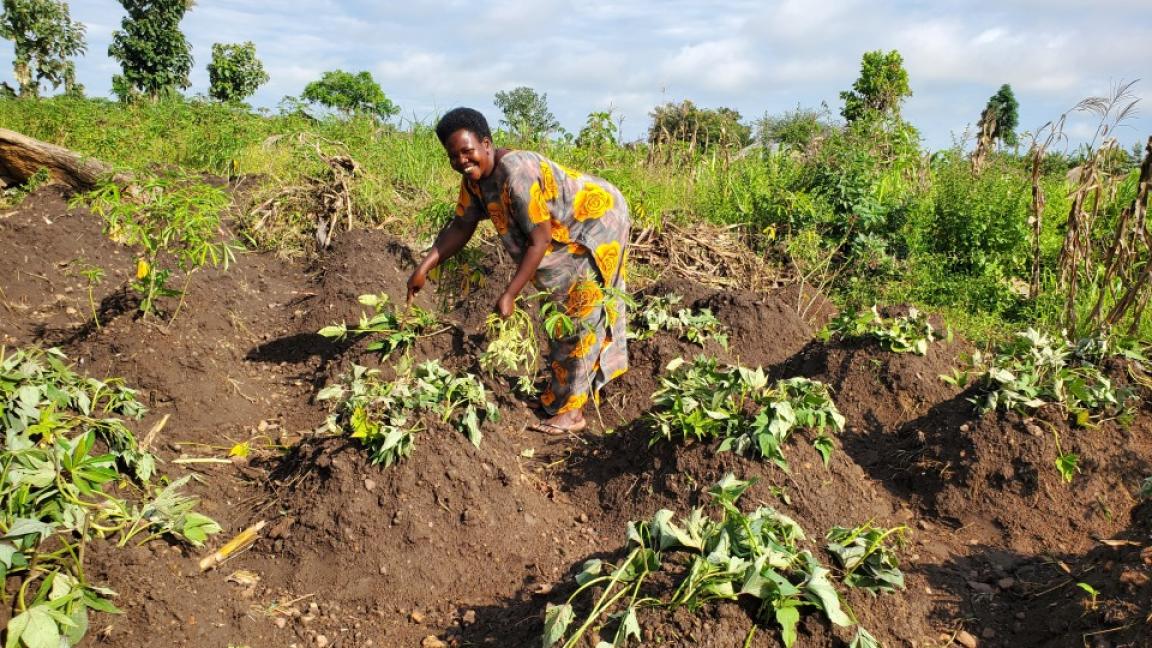Deutsche Gesellschaft für Internationale Zusammenarbeit (GIZ) GmbH has been active in Uganda since 1964.
In Uganda, agriculture provides livelihoods for more than 80 per cent of the country’s households. Despite its huge potentials in this sector, the country remains among the poorest in the world. To improve rural development and enhance food security, Uganda must address inefficient farming practices, expand access to modern agricultural technology, diversify rural economies, and implement responsible land policies. Additionally, more than 90 per cent of the energy used in households comes from biomass. This heavy reliance contributes to massive deforestation, worsening climate change and air pollution. For these reasons, Uganda must embrace renewable sources, promote energy efficiency, increase the electrification of rural areas and mitigate climate risks.
Furthermore, Uganda is Africa's largest refugee-receiving country, hosting over 1.5 million people, primarily from the Democratic Republic of the Congo and South Sudan. Uganda earned global recognition as a model country through its progressive approach to refugee issues, allowing refugees to work, access education, and move freely. However, further governance improvements are necessary to ensure the protection of human rights, especially for vulnerable groups like women and children, and to manage conflicts over natural resources. Therefore, developing inclusive policies and robust institutions is essential to combat corruption and promote social cohesion.
Apart from the German Federal Government, and the main commissioning party, the German Federal Ministry of Economic Cooperation and Development (BMZ), GIZ is also commissioned by other federal ministries, their subordinate authorities and federal state governments. These include the Federal Foreign Office, the Federal Ministry for the Environment, Nature Conservation, Nuclear Safety and Consumer Protection, and the Federal Ministry for Economic Affairs and Climate Action (BMWK).
Our work on site: For climate adaptation strategies and social cohesion
In Uganda, GIZ also collaborates with other partners to address key challenges and promote development across three main implementation areas:
- Rural development
- Energy and climate
- Good governance
In rural development, projects work towards boosting agricultural productivity and economic resilience. This involves promoting climate-smart agriculture, supporting farmers' organisations, improving access to land for targeted populations, promoting inclusive growth in rural areas, and enabling farmers to adopt eco-friendly practices.
To improve energy supplies and reduce greenhouse gas emissions, projects are working to increase access to renewable energy and boost energy efficiency, promote climate adaptation and mitigation strategies. This means expanding green energy in rural areas to provide affordable and clean energy solutions.
To promote good governance, projects and initiatives work on training both state and non-state actors and sharing knowledge on the necessary key principles. The aim is to ensure greater accountability, protect human rights, and manage conflicts over natural resources effectively. Moreover, projects aim to provide refugee settlements and host communities with long-term water supply and sanitation services, while improving the self-sufficiency of refugees through vocational training, support for micro and small business start-ups and the promotion of agricultural cooperatives.
Uganda in brief
GIZ local staff
As of: 31.12.2025
- 275 National employees
- 30 International employees
- 14 Development workers
Insights


